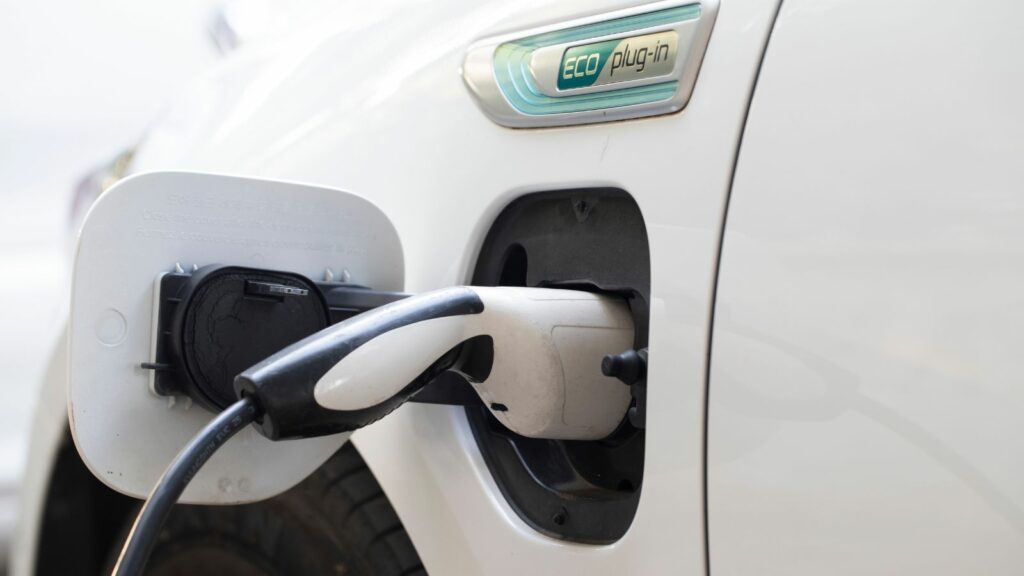Electric vehicles were once considered luxury toys or expensive eco statements, but the market has shifted quickly. Prices have come down, incentives remain in many regions, and fuel savings are undeniable. Recent studies now show that in many cases EVs cost less to buy and own than their gasoline powered rivals. This represents a turning point in the car market and has many consumers asking whether now is the right time to make the switch. To answer that, we need to look at affordability, running costs, infrastructure, and how personal circumstances shape the decision.
Purchase Price and Incentives

Not long ago EVs carried steep price tags compared to similarly sized gas models. But with falling battery costs and aggressive competition, EV pricing has begun to meet or even undercut gasoline rivals. Entry level EVs are now available under thirty thousand dollars, placing them in line with popular sedans and compact SUVs. Federal and state tax credits or rebates can further lower the effective purchase price, though these programs vary widely by region and eligibility. For some buyers, a new EV after incentives is now cheaper than a new gas car, flipping the old narrative on its head.
Fuel Savings Over Time
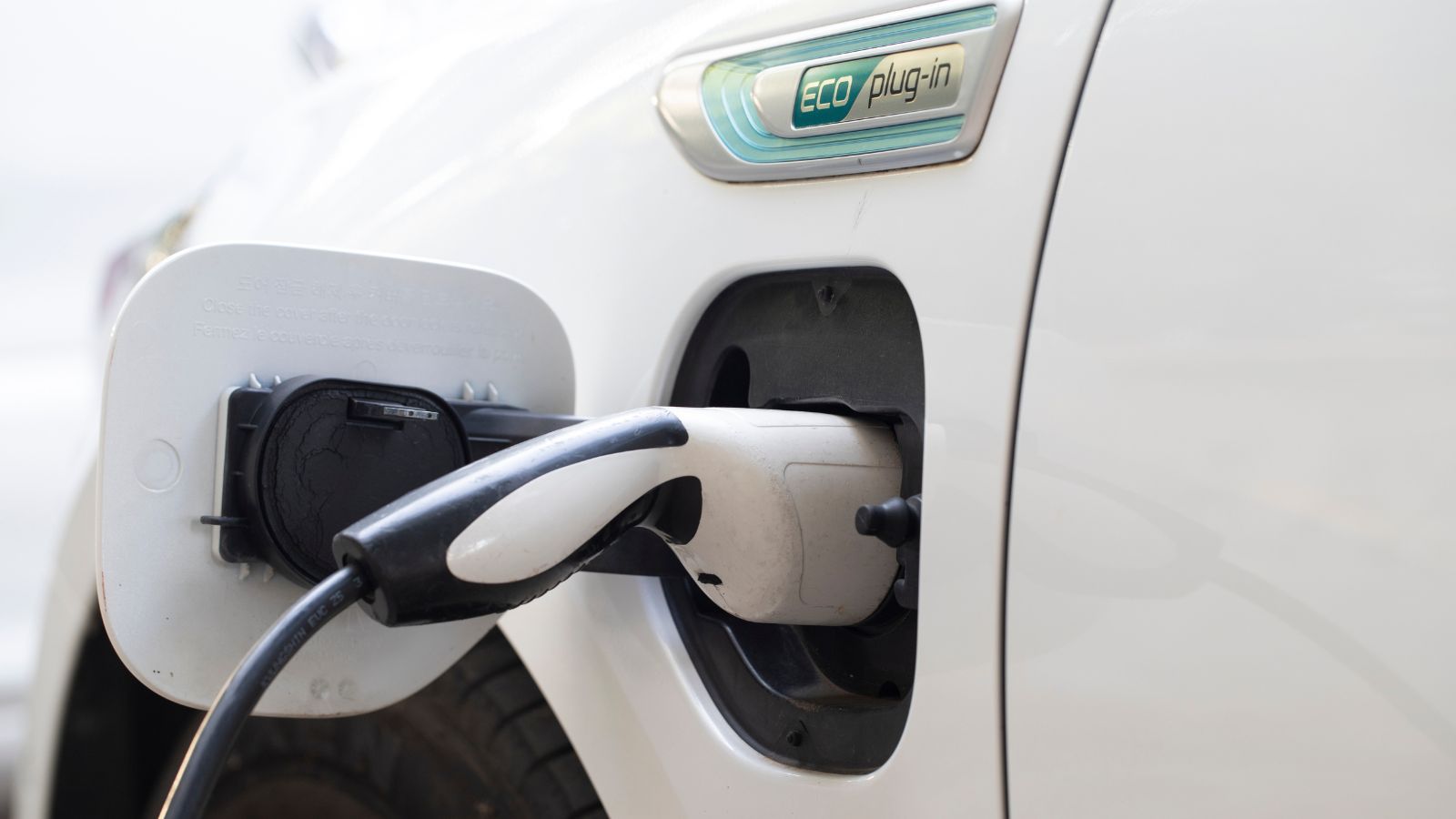
Fuel is one of the clearest advantages of EVs. Electricity costs per mile are typically a fraction of what gasoline costs, even in states with higher energy prices. A commuter driving fifteen thousand miles per year could save hundreds or even over a thousand dollars annually by switching to electric. Unlike gasoline, electricity prices also tend to be more stable, which protects owners from the spikes that hit drivers at the pump. For households on a budget, this predictable and lower cost of fueling is one of the biggest draws of going electric.
Maintenance and Reliability
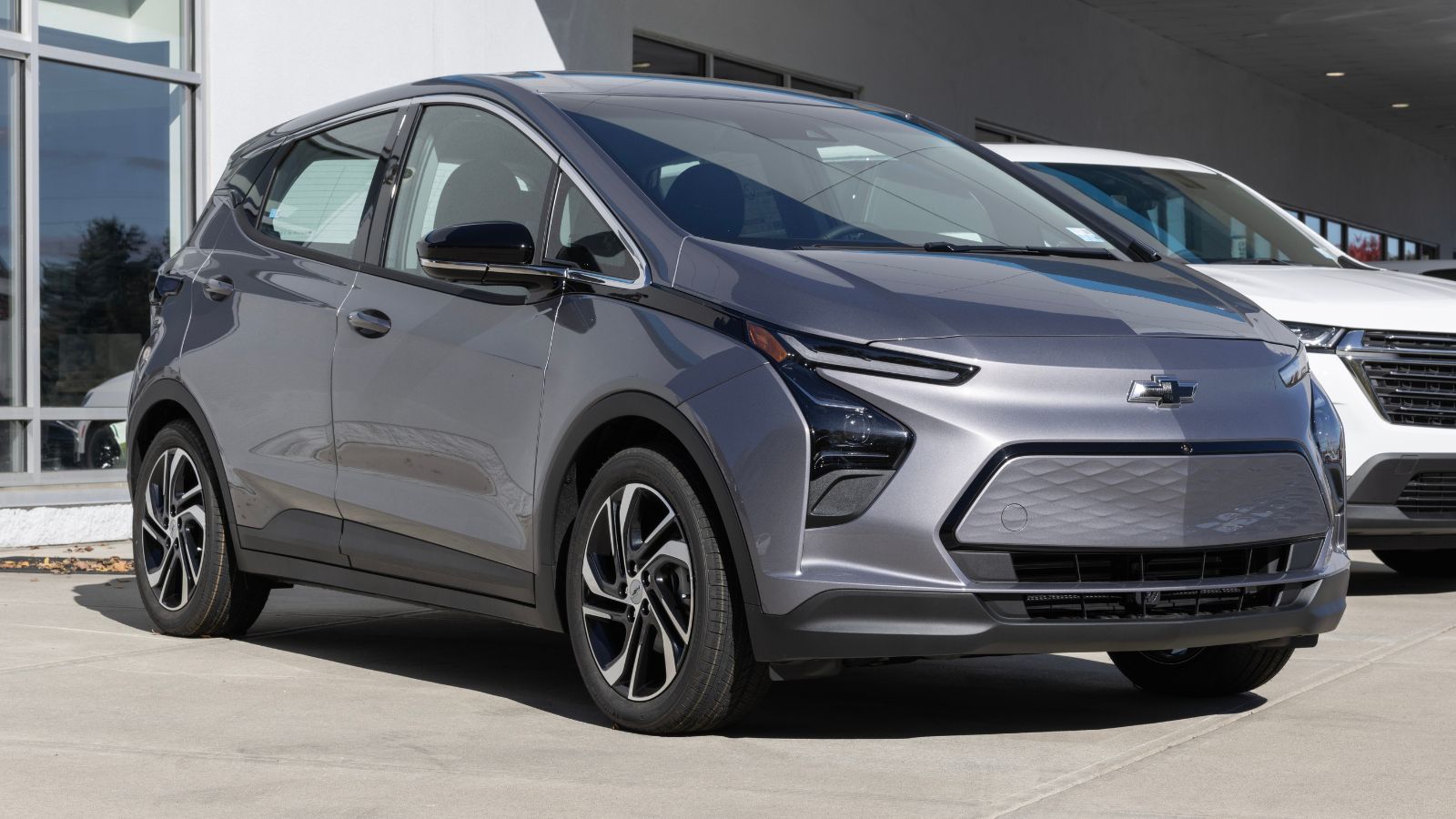
EVs not only save money on fuel, they also save on maintenance. With no oil changes, fewer fluids, no timing belts, and far fewer moving parts in their drivetrains, they require less upkeep. Brakes also last longer due to regenerative braking. Studies show that EV owners spend significantly less on repairs and maintenance over the life of their vehicles. While concerns about expensive battery replacements remain, warranties often cover batteries for eight years or more. For many consumers, the reduced hassle of fewer service visits is as appealing as the cost savings.
Charging Access and Infrastructure
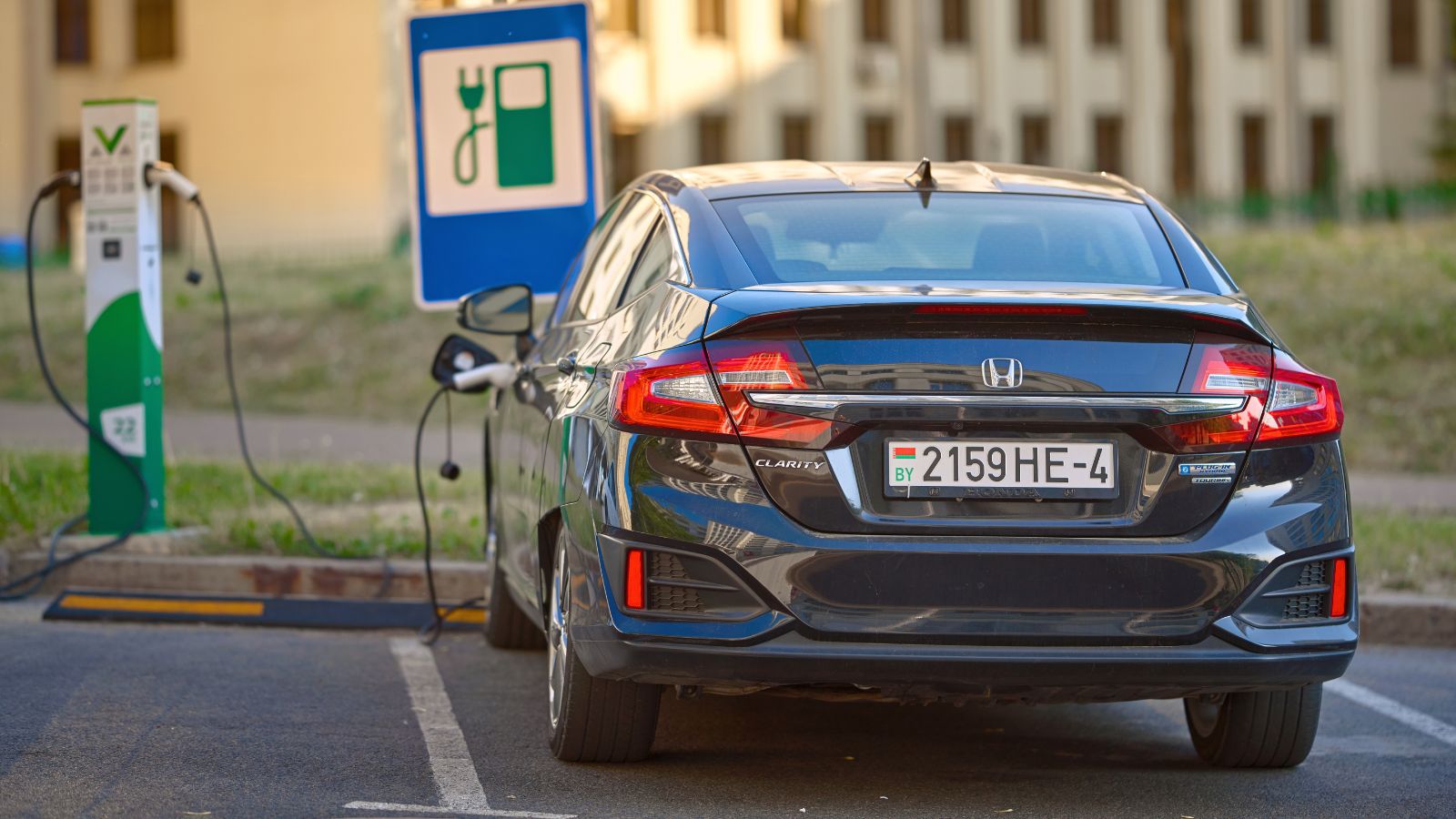
Despite all the financial advantages, charging remains a deciding factor. For those with access to home charging, EV ownership is seamless and highly convenient. Plugging in overnight ensures a full battery each morning at minimal cost. But for apartment dwellers or those without dedicated parking, charging is more complicated. Public networks have expanded, but reliability and coverage are uneven depending on location. Consumers need to realistically assess their charging access before committing to electric, as inconvenience can quickly outweigh savings if charging is difficult or time consuming.
Regional Differences in Cost
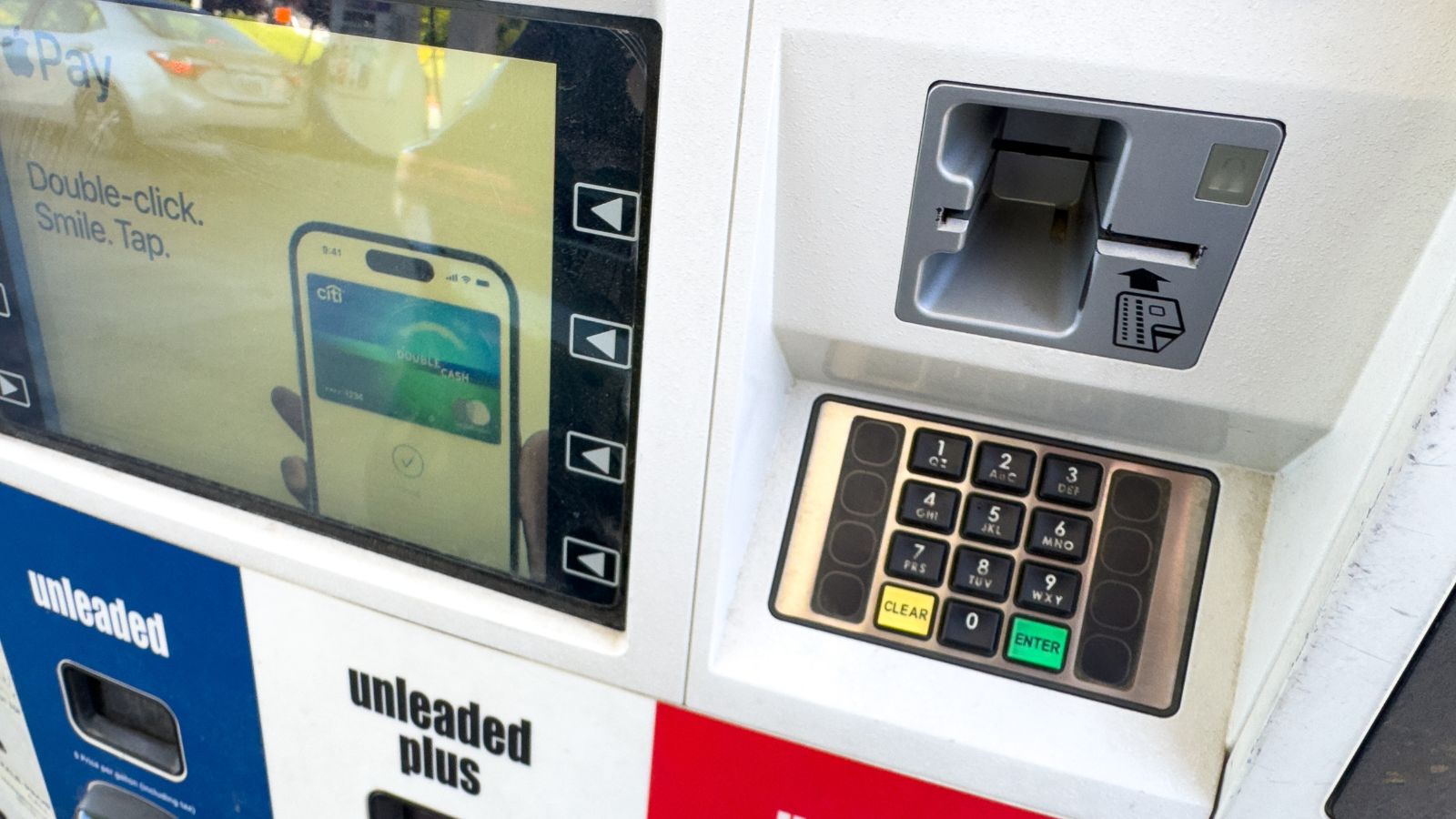
The value equation between EVs and gas cars is not uniform everywhere. In states where electricity is cheap and incentives are strong, EVs easily come out ahead. In areas where electricity is expensive or incentives have expired, the gap narrows. Likewise, states with high gas prices make EVs far more attractive. Consumers need to run the numbers for their own location rather than relying on national averages, since energy costs and policies vary widely.
When Gas Cars Still Make Sense

Although EVs are gaining the edge, there are situations where gasoline cars remain the practical choice. Long distance drivers who frequently travel outside established charging networks may find EV range limitations restrictive. People who tow heavy loads or drive in remote areas may also find gas vehicles more dependable. In regions where EV servicing infrastructure is limited, repair delays and costs can be frustrating. For these buyers, gas powered cars still provide peace of mind that outweighs potential savings.
What Automakers Are Doing
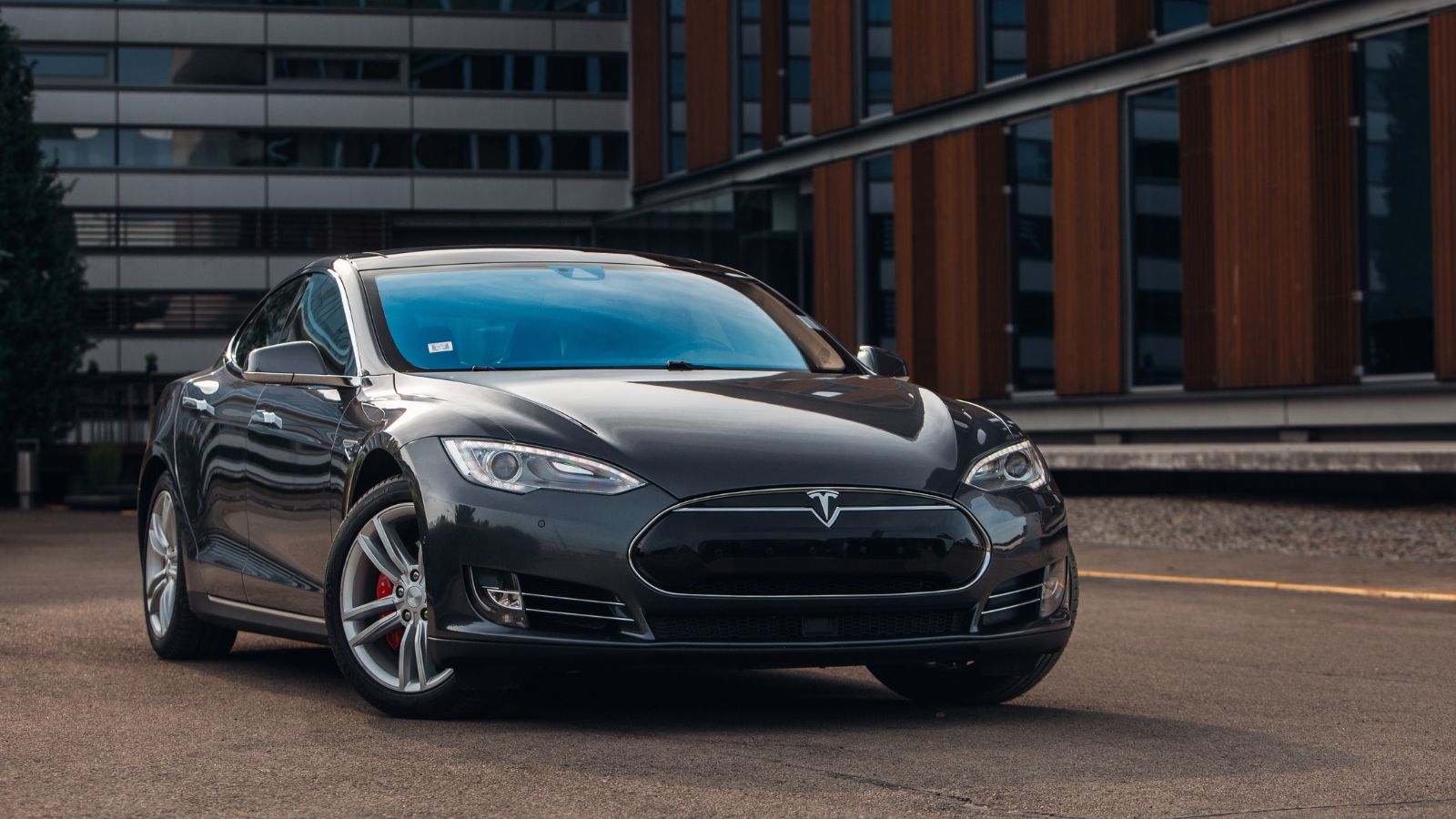
The fact that EVs are now often cheaper than gas cars is partly due to how aggressively automakers are investing in electrification. Companies from Tesla to Hyundai to Ford have released affordable EVs with impressive range and features. Battery technology is improving rapidly, cutting costs and boosting performance. As automakers scale up production, these efficiencies are expected to make EVs even cheaper to build and sell. For consumers this means more options at more accessible prices, which will only increase competition and drive value higher.
The Long Term Ownership Picture
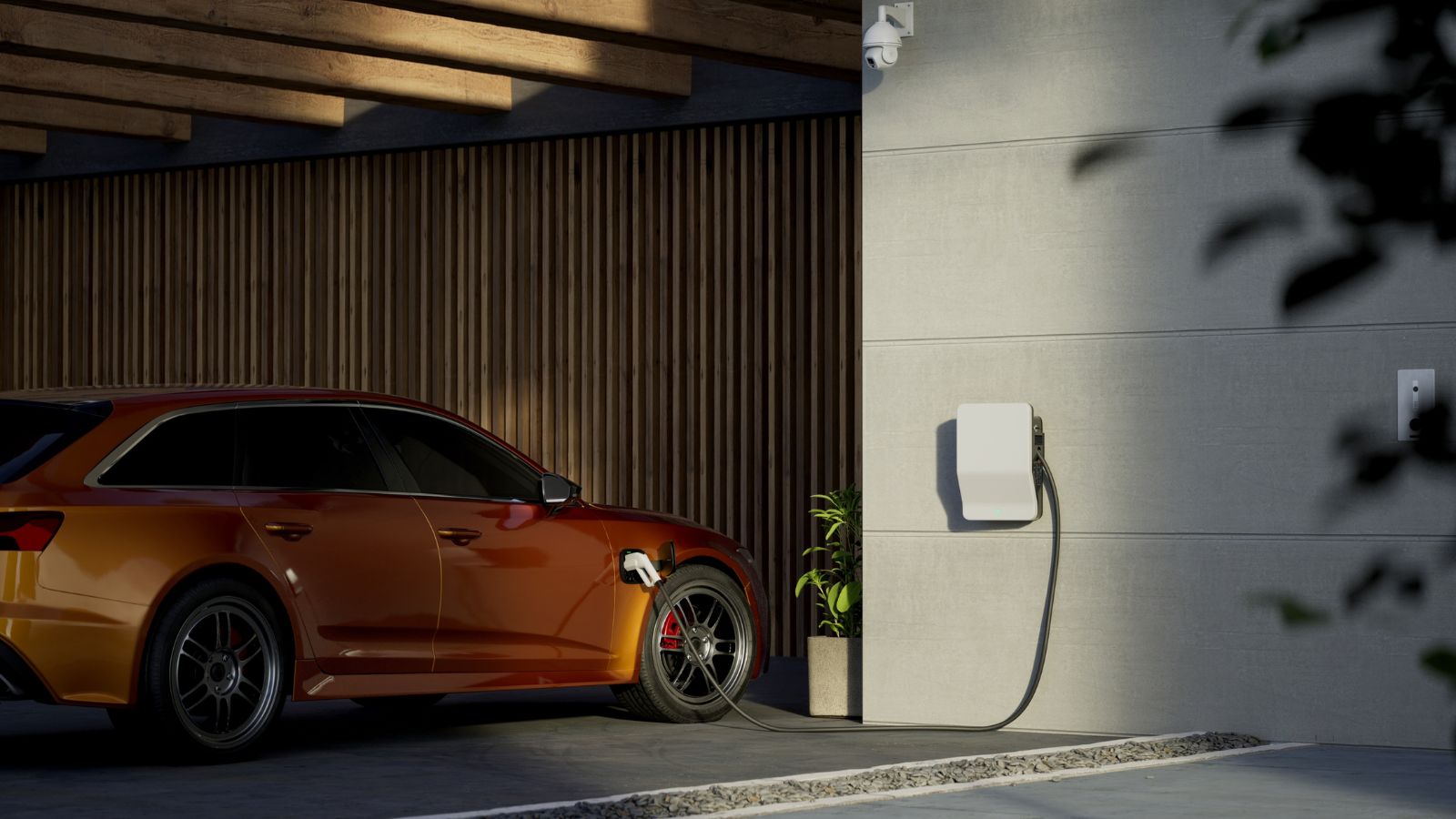
The total cost of ownership is where EVs really shine. When fuel savings, maintenance, insurance, and resale value are added together, EVs often beat gas cars within the first few years of ownership. For those planning to keep a car for a decade or more, the advantages grow even stronger. While resale values for some EVs have been volatile, the market is stabilizing as demand grows. Consumers who prioritize long term economics rather than just the sticker price will often find EVs are already the better deal.
Best for Buyers
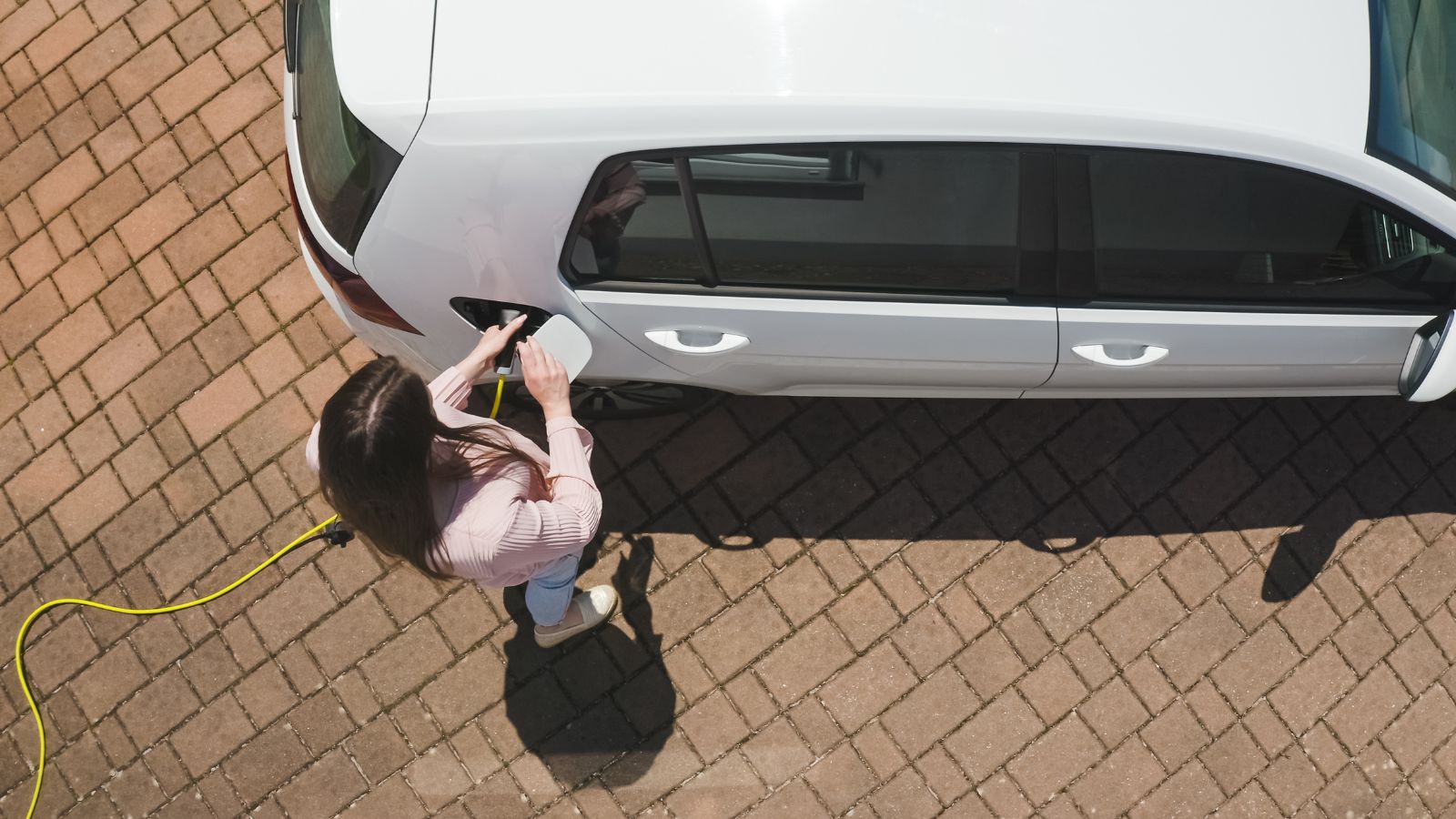
For many consumers the time to go electric is already here. EVs are not only competitive, they are often the smarter financial choice, delivering lower running costs and fewer headaches. Still, the best move depends on personal circumstances. Buyers should consider how much they drive, what charging access they have, what incentives are available locally, and how long they intend to keep the vehicle. For city commuters with home charging, the choice is clear. For rural drivers or those without charging access, gasoline may still hold the edge for now. What is certain is that the balance has shifted, and the assumption that EVs are always more expensive is no longer true. For consumers willing to do the math and weigh their needs carefully, the best move may very well be to join the electric revolution sooner rather than later.
25 Facts About Car Loans That Most Drivers Don’t Realize

Car loans are one of the most common ways people fund car purchases. Like any other kind of loan, car loans can have certain features that can be regarded as an advantage or a disadvantage to the borrower. Understanding all essential facts about car loans and how they work to ensure that you get the best deal for your financial situation is essential. Here are 25 shocking facts about car loans that most drivers don’t realize:
25 Facts About Car Loans That Most Drivers Don’t Realize
